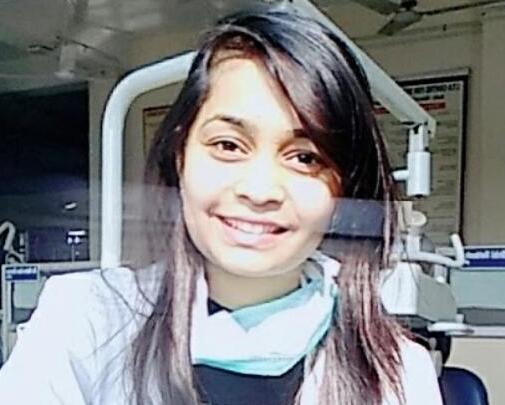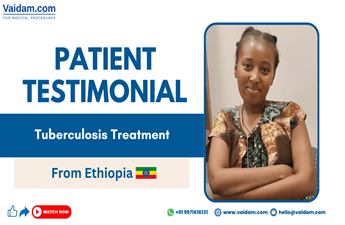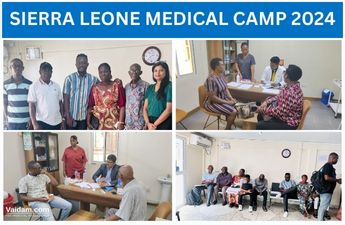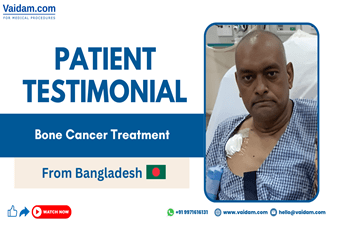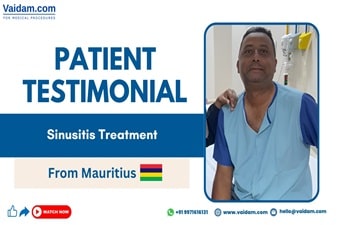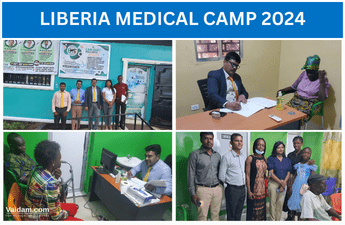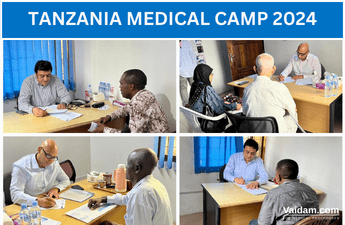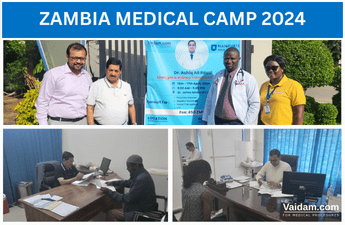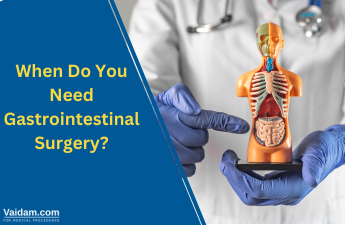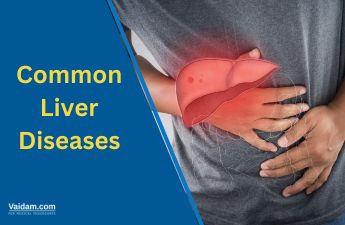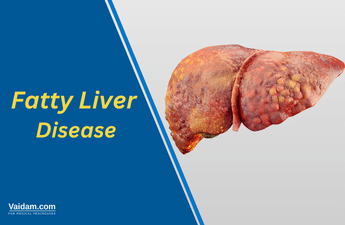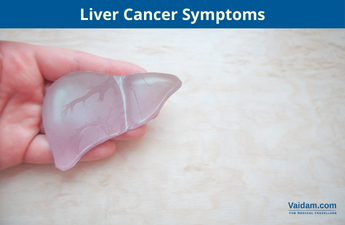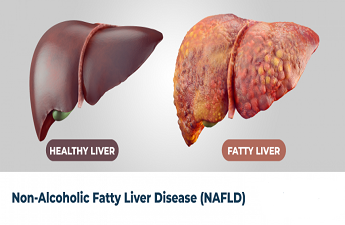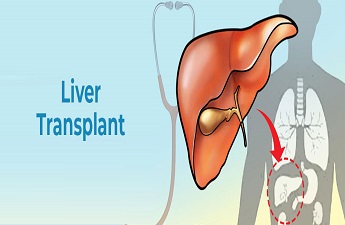What is a liver transplant?
It is a surgical procedure in which the diseased liver is removed and replaced with a healthy liver, which is taken either from a living or a deceased donor. The liver transplant is the last choice of treatment, opted only for terminal liver diseases or liver failure.
The most common technique which is followed for a liver transplant is known as orthotopic transplantation. This technique involves the removal of the damaged liver and substituting it by the donor organ, placing it in the same anatomic position as that of the original liver. The liver transplant is a complex surgical procedure, which is only performed at the designated and recognized transplant centers.
Why is liver important?
The liver is the most vital organ of the body due to the following reason:
-
It makes most of the proteins of the body.
-
Helps in the breakdown of nutrients to provide energy
-
Helps in the digestion of fats and absorption of vitamins A, D, E and K by the production of bile juices.
-
Helps in the regulation of blood clotting.
-
Helps to remove toxic byproducts of medications.
-
Helps in management of infections by supporting the immune system of the body.
Why is liver transplant needed?
Liver transplant is essential in cases of complete liver failure, where all other treatments have been failed. Most common ailments that require liver transplant are:
-
Hepatitis B or C along with liver cirrhosis.
-
Alcoholic liver disease
-
Non-alcoholic fatty liver disease
-
Genetic disease including hemochromatosis
-
Primary biliary cirrhosis
-
Biliary atresia
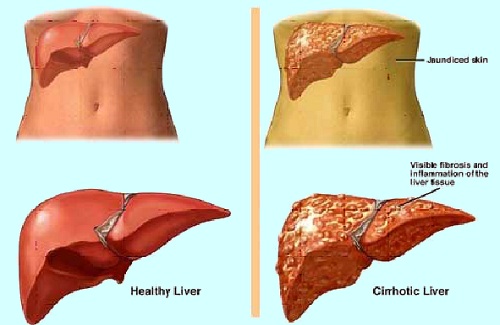
What happens in a liver transplant?
Before the transplant
Most of the liver transplants are done by the deceased donors. There is a very small number of transplant procedures that are done from the living donors. Because there is a huge limitation of donor livers, the patients have to wait for days or months to get a donor liver. The donated organs are provided based on the MELD score, which the score for your liver prognosis. The patients with a higher MELD score come first on the priority list for a liver donation. Once the patient is allocated a donor liver, the patient is prepared for the surgery. All the required investigations are done include complete blood count, liver function test etc.
During the procedure
- The liver transplant is performed under general anesthesia. It can take up to 12 hours for the surgery to get completed.
- The surgeon makes a long incision under the abdomen to get access to the liver. The length of the incision may vary from patient to patient.
- The blood vessels and the bile ducts attached to the liver are disconnected and the damaged liver is removed. After this, the donor's liver is placed in the body and then, all the bile ducts and blood vessels are reattached.
- This is followed by application of the sutures and staples to close the surgical incision.
After the procedure
After the completion of the surgery, the patient is taken to the intensive care unit to begin recovery. The patient is put on certain immuno-suppressant drugs to avoid immune rejection by the external liver. Some pain-relieving medications, antibiotics, and anti-inflammatory drugs are also prescribed by the doctor.
Thereafter, the patient is counseled in detail about all the lifestyle and dietary changes that will be needed after the liver transplant.
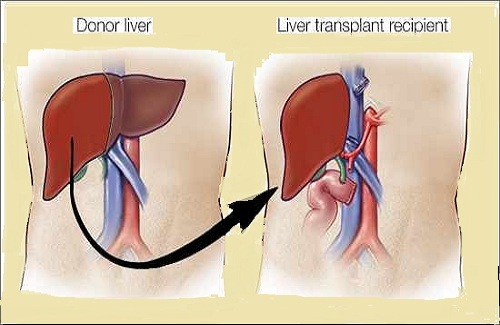
The Recovery period
The body takes few months right after the transplantation surgery to adjust with the new liver and the medications. In most of the cases, the patient is able to return back to work in 3-6 months after the transplant. Patients are also able to do most of the physical activities including traveling.
An individual need to take care of following things after getting discharged from the hospital:
-
The house should be cleaned properly with disinfectants.
-
The patient should wash the hands before eating food
-
He/she should be encouraged to walk instead of using a wheelchair.
-
Greasy or oily foods should be avoided.
-
Red meat, partially cooked food and overripe fruits should be avoided.
-
In case of any discharge, the dressing might need to be changed after 2-3 weeks.
Relapse of liver disease
In a few cases, there are some chances of recurrence of the symptoms even after a liver transplant, for example in cases of chronic hepatitis. In such type of cases, the doctor will precisely explain you to monitor the symptoms and have regular checkups.
Pain and discomfort after the surgery
There is mild to moderate pain after the surgery. This is due to the incision made during the surgery causing numbness of the skin around the abdomen. When these nerves regenerate, the sensations return back. In some cases, people may also experience back pain just after the surgery due to laying on the table for a long time.
Medications
It is mandatory for a person to take all the medications prescribed by the doctor. The medications are given to prevent rejection by the body, to fight infection and treat the symptoms caused by the immune-rejection. It is important to take all the medications at fixed times and in the exact amount of dose. Any missed dosage can lead to organ failure. The medications are gradually tapered down after few months as the patient recovers. However, the medicines for immune-rejection need to be taken for the rest of their life.
What are the side-effects of medications?
Following changes in the body may be expected due to the medicines:
-
High blood pressure
-
Mood swings
-
High blood sugar
-
Hair loss or hair growth
-
Nausea
-
Vomiting
-
Diarrhea
-
Headache
-
Weakness in muscles and bones
Is it allowed to consume alcohol after the transplant?
Absolutely not. It is not only toxic to the liver but also disturbs the metabolism of the medications.
Dental care
The dentist must be told about the liver transplant during every dental visit. This is because the patient might need to take antibiotics before the dental procedure.
As per the estimate of the top hepatologists in India, the total recuperation period for a liver transplant is 7 to 10 days in the hospital. After that, the patient is able to return to work within 3-6 months.


